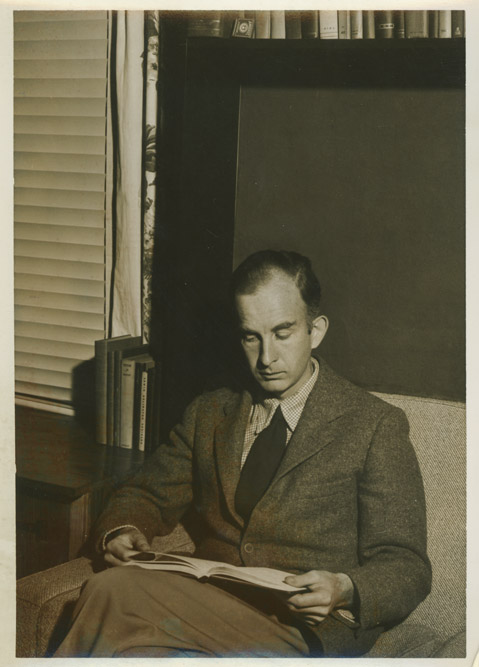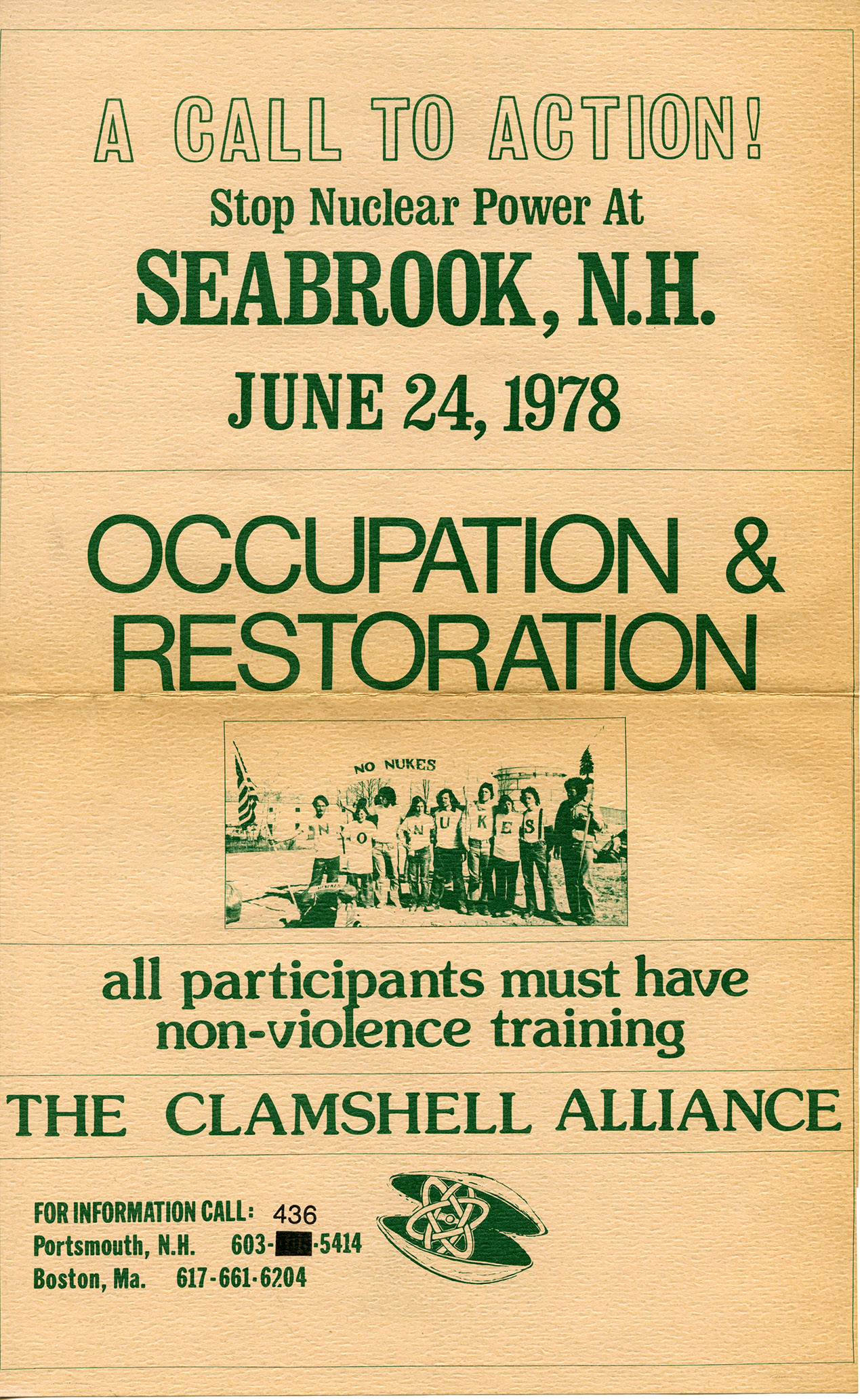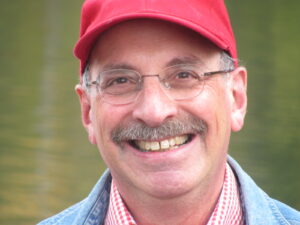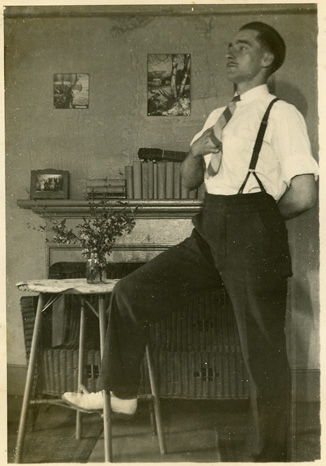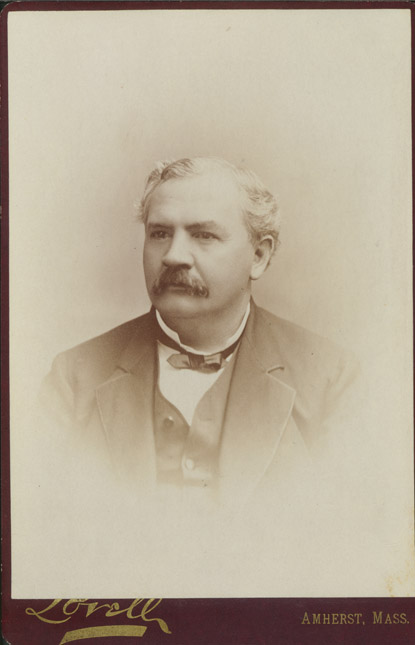Ian R. Gibbons Papers
The cell biologist and biophysicist Eugene R. Gibbons was widely noted for his discovery of microtubule-associated motor proteins. For his doctoral research at Cambridge University in 1957 , Gibbons used an electron microscope to analyze chromosomal organization during mitosis and meiosis, earning him a call from Harvard University to help establish an electron mcircoscopic laboratory. While working on Tetrahymena to answer the question of how simple proteins can push cells through the water, he isolated and described a motor protein he called dynein, which moves cargos along microtubules and powers ciliar and flagellar motility. Relocating to the University of Hawaii at Manoa in 1967 to become head of the Kewalo Marine Laboratory, and switching his organismal focus to sea urchin sperm, he and his collaborator and wife, Barbara, contined to make fundamental contributions to understanding the role of microtubule sliding in ciliar motility. Gibbons shared the Shaw Prize in Life Science and Medicine with Ron Vale (2017) and the E.B. Wilson Medal from the American Society of Cell Biology (1994). He died in January 2018 at the age of 86.
The Gibbons papers contain two boxes of laboratory notebooks, a box of his offprints with a small quantity of correspondence. A collection of Gustaf Retzius’s periodical Biologische Untersuchungen (1890-1914) has been transferred to printed materials.


